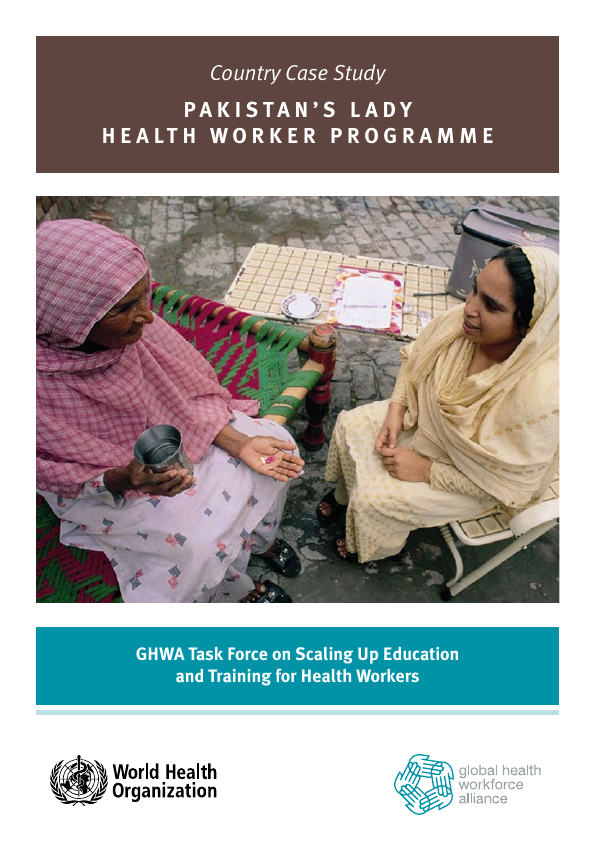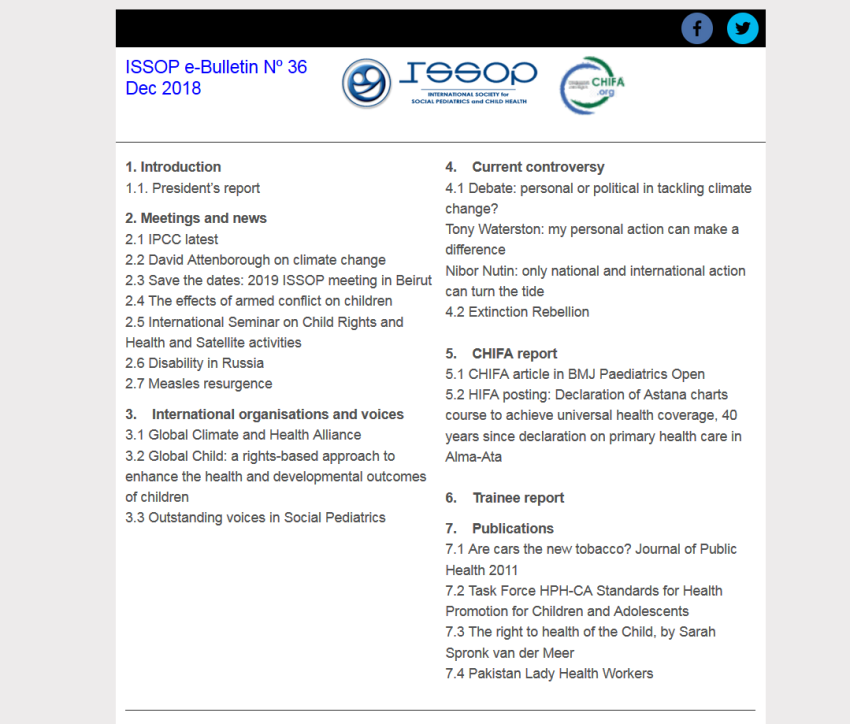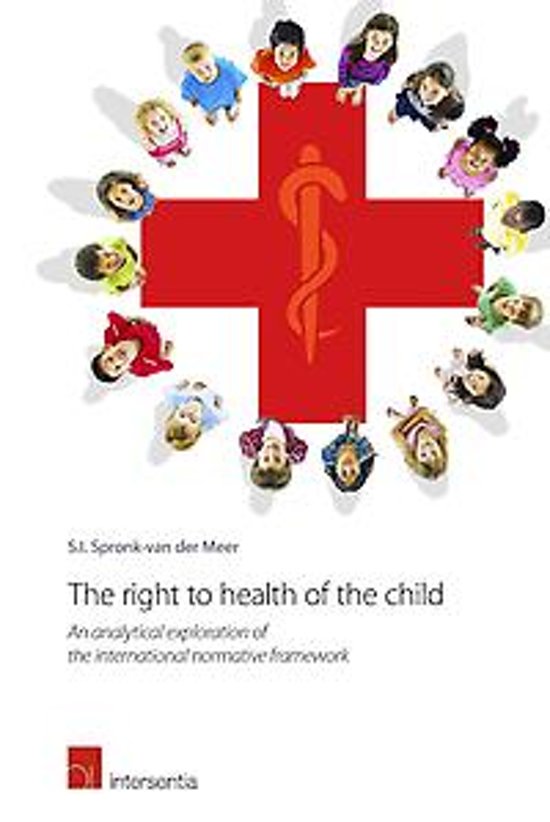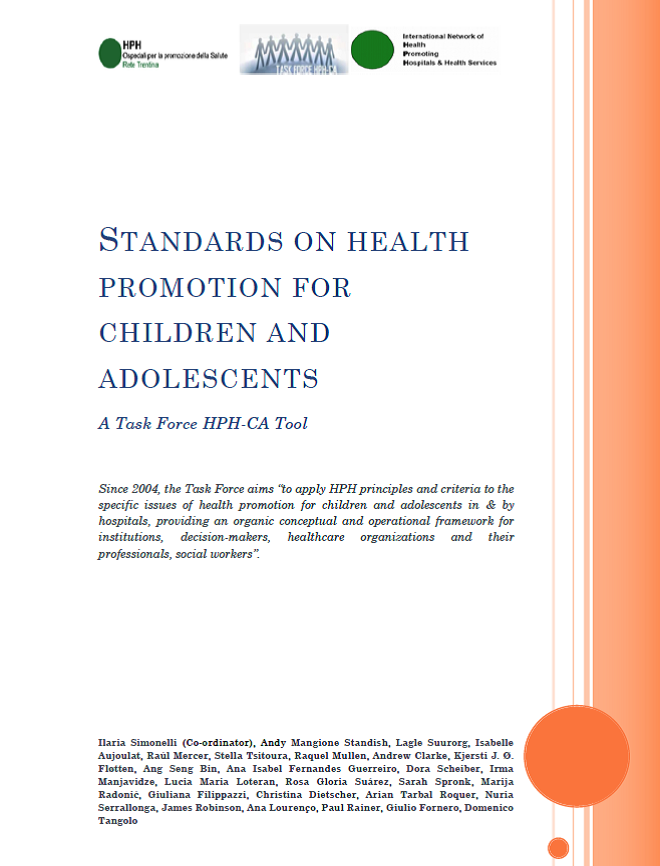e-bulletin 36 – 7.4 Pakistan Lady Health Worker programme for responsive care-giving
- Home
- e-bulletin-item
- e-bulletin 36 – 7.4 Pakistan Lady Health Worker programme for responsive care-giving
Pakistan is among the 10 countries with the highest burden of children not meeting their cognitive potential by 5 years of age. Pakistan has poor primary school enrolment (6.5 million children are out of primary school), poor primary school completion and poor quality of learning (Pakistan ranks 113/120 countries for low literacy). Gender equality issues is a big problem in this country. Even having a girl child may be a reason for maternal depression and developmental difficulties.
The National Programme for Family Planning and Primary Healthcare (often referred to as the Lady Health Worker [LHW] programme) provides an opportunity to integrate early child development services at scale. The LHW (Lady Heath Worker) programme, started in 1994, is a government-supported community health service providing care to families in rural, remote, and disadvantaged communities across Pakistan.
The focus areas for health services are family planning and maternal and child health, which are delivered by LHWs. The programme did not encompass early stimulation at first, but recent assessments emphasised the need to strengthen nutrition services. So early stimulation training was implemented to Lady Health Worker programme. Official “initial” training period for LHWs is 15 months, inclusive of the 3 month didactic period as well as the regular monthly training sessions and refresher courses.
Between 2009 and 2012, a pragmatic, community-based, cluster-randomised effectiveness trial was done in an impoverished rural district of Sindh, Pakistan. The trial was conducted in partnership with the National Programme for Family Planning and Primary Healthcare (often referred to as the Lady Health Worker [LHW] programme). The LHWs delivered either responsive stimulation or enhanced nutrition interventions to young children younger than 2 years and their caregivers via monthly home visits and parenting groups.
Lady Heath Workers visited primary caregivers (typically the mother) in their homes once a month and provided guidance designed to enhance their awareness of their child’s development processes and improve their ability to engage and stimulate their children. In each visit, caregivers tried out new activities with their young child using readily available items (e.g., cups for stacking) and received feedback from the Lady Health on how to appropriately respond to her child’s needs, wants, interests and abilities during play and within daily routines.
The results showed that responsive stimulation significantly improved children’s cognitive, language, and motor development at 2 years of age, and enhanced nutrition showed modest benefits on linear growth at 6 and 18 months. With respect to maternal outcomes, responsive stimulation had larger effect sizes on mother–child inter actions, caregiving environment, and parenting knowledge and practices compared with enhanced nutrition, and the combined intervention had a modest effect on decreasing maternal depressive symptoms over time. Costs of a responsive stimulation intervention integrated in an existing community-based service providing basic health and nutrition care is approximately US$4 per month per child.
Many studies from low- and middle-income countries demonstrate community health workers can effectively deliver interventions that promote early child development including interventions implemented in Bangladesh, India, Jamaica, Pakistan, Uganda to name a few. We do need more studies to report what it costs to deliver these interventions, how we better create demand for these services from local policy makers to health services, and how we can better support community health worker so she is motivated, incentivised and receives the support from the health system to develop her competencies. This would create the environment required for community health worker to deliver on early child development not only in the short-term but also in the long-term.
Gonca Yilmaz MD, PhD
References
- https://www.unicef.org/infobycountry/pakistan_pakistan_statistics.html
- Aboud FE, Yousafzai AK. Global health and development in early childhood. Ann Rev Psychol 2015; 66: 433–57.
- Yousafzai AK, Rasheed MA, Rizvi A, Armstrong R, Bhutta ZA. Eff ect of integrated responsive stimulation and nutrition interventions in the Lady Health Worker programme in Pakistan on child development, growth, and health outcomes: a cluster-randomised factorial eff ectiveness trial. Lancet 2014; 384: 1282–93.
- Grantham-McGregor SM, Fernald LC, Kagawa RM, Walker S. Effects of integrated child development and nutrition interventions on child development and nutritional status. Ann N Y Acad Sci 2014; 1308: 11–32.





1 Comment
[…] 7.1 Are cars the new tobacco? Journal of Public Health 2011 7.2 Task Force HPH-CA Standards for Health Promotion for Children and Adolescents 7.3 The right to health of the Child, by Sarah Spronk van der Meer 7.4 Pakistan Lady Health Workers […]